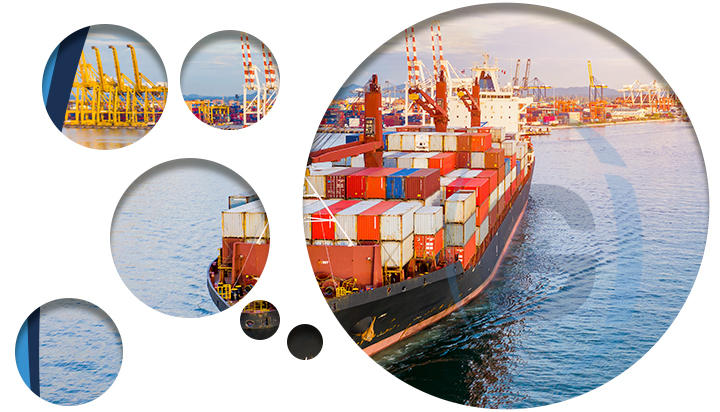International Transportation and Trade
CIFFA education programs are designed by professionals with experience in a variety of freight forwarding matters, who have been providing students with the highest level of professional education over the years. Courses are intended for people working in the transportation and logistics sector who would like to further their career, likewise, courses are perfect for newcomers in this sector who want to start their journey in this industry on a strong footing.
Course Details:
In this course you will learn the foundations of freight forwarding in the context of international trade, how to manage risks by selecting the appropriate Incoterm® for a shipment, how to calculate freight charges and load shipments, and the types of equipment and documentation used to move goods by land, air and ocean modes of transport. You will also learn about calculating freight charges, equipment and documentation. Once you are enrolled you will have access to fully narrated lessons that contain case studies that will put the learner into real world scenarios, e-textbooks are provided and can be viewed on up to three devices.
Advantages of selecting this course
Who are the ideal candidates for this course?
The International Transportation and Trade course has been designed to meet the educational requirements of both:

Beginners in the transportation and logistics industry who would like to learn to understand the complexities of logistical operations, acquire new skills and enhance job profile.

The course can also be taken by experienced logistics professionals who want to advance their expertise and be up-to-date with the latest industry trends so as to get a competitive edge.
Dates and duration
Topics Covered:
CIFFA Certificate in International Freight Forwarding
Course participants must pass one online exam. The lessons have case studies and questions that will help prepare the student for the exam. The pupil will receive their score on completion of the exam.
Prerequisites
Technical requirements
Registration and cost Members Only
n order to check the courses fees and to register, kindly go to the members area , log in and click on the "logistics courses registration" button, in the left column in the Dashboard. Then, fill in the online form with your registration details.
Going Global Together!
Expand your businesses, reduce costs and risks, and compete on more equal terms against the largest international companies




